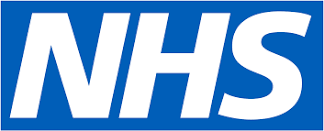PALS
Patient Advice and Liaison Service (PALS)
The NHS employs over a million staff in thousands of locations. It is a large and complex organisation providing a broad range of services. It is not surprising that sometimes you or a loved one may feel bewildered or concerned when using the NHS. And this can be at times when you are feeling at your most vulnerable and anxious.
So, what should you do if you want on the spot help when using the health service? The NHS expects all members of staff to listen and respond to you to the best of their ability. But sometimes, you may wish to talk to someone employed especially to help you. The Patient Advice and Liaison Service, known as PALS, has been introduced to ensure that the NHS listens to patients, their relatives, carers and friends, and answers their questions and resolves their concerns as quickly as possible.
PALS also helps the NHS to improve services by listening to what matters to patients and their loved ones and making changes, when appropriate.
What does PALS do?
The Patient Advice and Liaison Service (PALS) focuses on improving the service provided for NHS Patients and aims to:
- advise and support patients, their families and carers
- provide information on NHS services
- listen to your concerns, suggestions or queries
- help sort out problems quickly on your behalf
Find out more
If you would like more information about PALS, the functions it is intended to provide and the standards it should strive to achieve ,follow this link.
